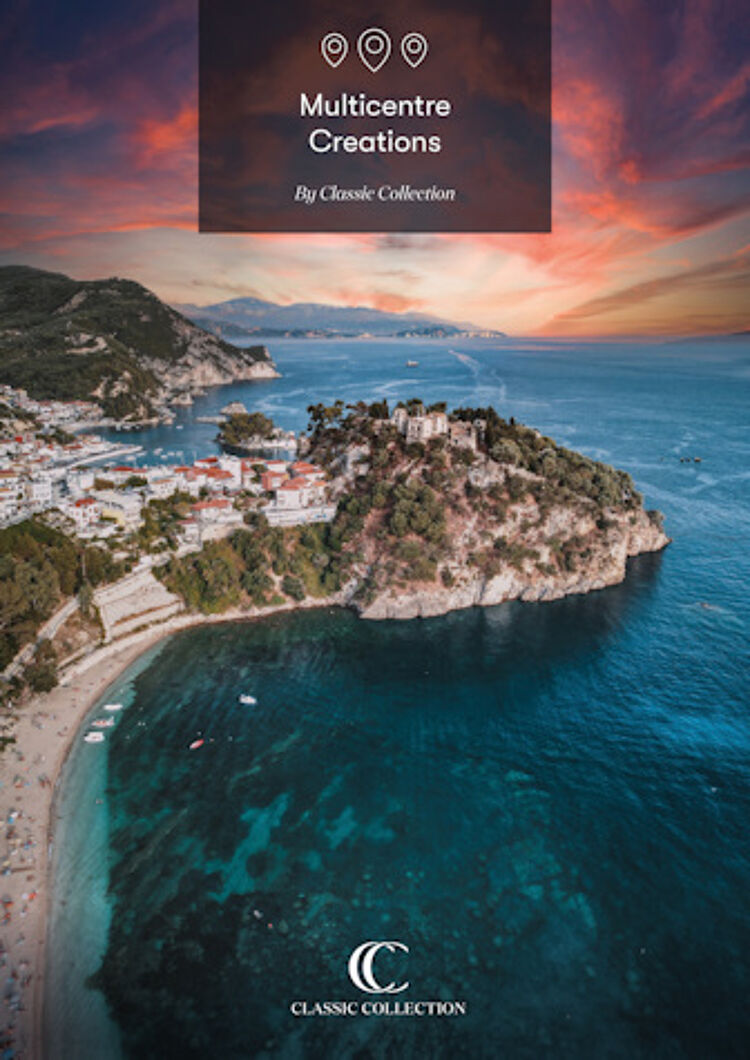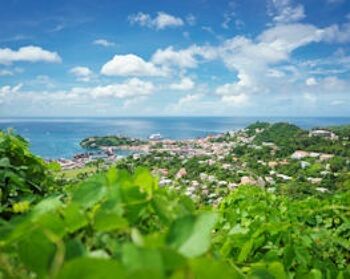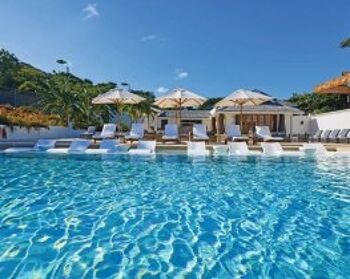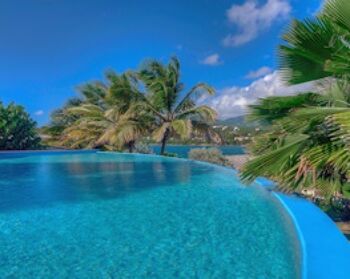Luxury Grenada Holidays
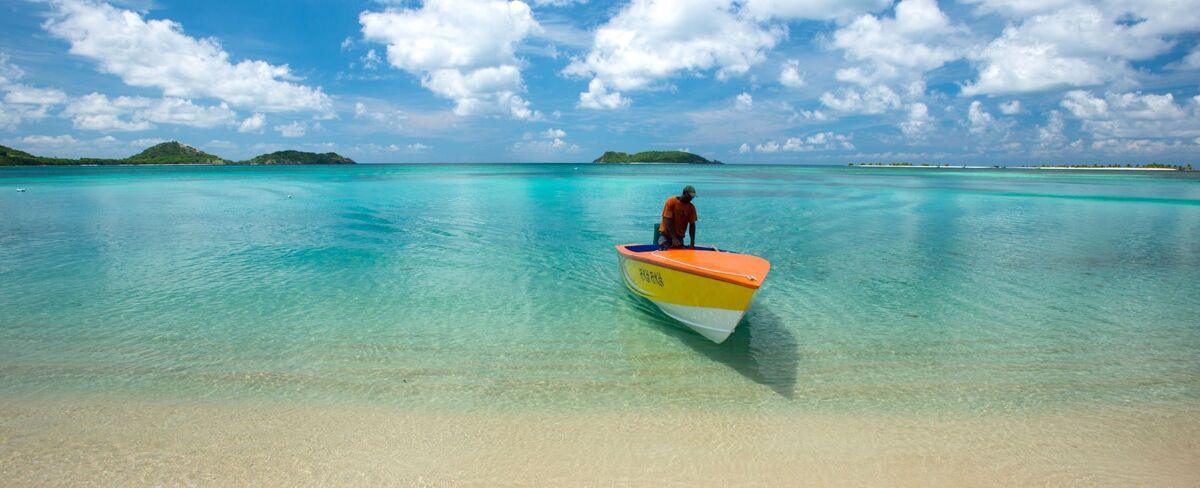
Explore Grenada
Mellow is a way of life in Grenada. If you love off-the-beaten-track appeal, the splendour of untouched nature and the spirit of a community that celebrates the good life, then the Spice Island is for you. A corner of the world where the spicy sweet scent of nutmeg swirls through the air, secluded beaches are everywhere, and mesmerising azure waters greet you every day Grenada is the cliché of paradise. We've roamed the entire island to uncover the most incredible places to stay, from luxury boutique boltholes, to beachfront resorts with more than a little wow factor.
First impressions count and you'll find that Grenada does not disappoint. Rainforest-adorned mountains, earthy spice plantations and a meandering coastline of picture-perfect bays are ready and waiting for your arrival. The combination of nature untouched, spirited communities and sumptuous resorts give Grenada an engrained vibe of castaway sophistication.
Your time on Grenada is your own prized gift. However you spend it, you will not come away empty-handed. For fans of water-based adventure, water sports and snorkelling are both incredible experiences on the island. Whatever you do, don't miss out on diving or snorkelling amid the world's first underwater sculpture park! If laidback beach time is more to your taste, you have an incredible 45 beaches to choose from, with sand ranging in colour from powder white to shimmering black. And if you get your feelgood factor from nature, venture over to Great Etang Lake or into the rainforest to embrace the spellbinding feeling of being under the canopy.
If you're a self-confessed foodie, there is no doubt you will feel right at home in Grenada. The Spice Island grows nutmeg, cinnamon, ginger, cloves, allspice, turmeric and much more and these flavours are deeply infused in the local cuisine. Pay a visit to one of the spice plantations to learn more you'll come away full of culinary inspiration. If you're a chocaholic, you'll want to make friends with the chocolate-making artisans who use cocoa from the island's plantations too. A place where Grenada's food comes together with a celebratory atmosphere is the Saturday market in St George's. This is where the local produce is sold, from papaya and mango, to baskets brim-full of spices. Join in and soak up the energy as well as the amazing flavours!
Dining out on Grenada ranges from low key eateries to fine dining in resort restaurants. It goes without saying that you'll find all dishes come incredibly spiced, with culinary creations ranging from spicy stews and curries, to delicately grilled meats and vegetables. Oil Down is Grenada's national dish a coconut milk steeped stew spiced with turmeric. When it comes to drinks, rum is a big deal on Grenada, and there are plenty of island distilleries to visit to find your favourite. Many islanders say there's no better way to finish a day than with a rum drink and a little live calypso. And you're bound to feel the same way!
Grenada has a good year-round climate, but many people like to visit between December and April, when rainfall is at its lowest.
* Image courtesy of Grenada Tourism Authority *
Lorem 6 ipsum dolor sit amet consectetur adipisicing elit. Architecto earum neque, nihil, eos quaerat modi magnam et recusandae, consequuntur hic accusantium sapiente itaque praesentium atque! Quisquam nemo accusamus doloribus quis laborum illo magni aliquam non architecto aperiam dolores, excepturi fugiat ut aliquid quaerat, minima porro maiores, sint molestias voluptate. Facilis repudiandae labore cupiditate odit alias ex nesciunt laboriosam quam ipsam veritatis at quia unde consectetur quos inventore hic vel consequuntur dolorem assumenda deserunt vitae vero obcaecati, adipisci dolore. Nihil soluta cum placeat, doloremque eius ea rem mollitia, cupiditate voluptatem vitae sequi facilis quod numquam aliquid, repellendus odit quasi tempora suscipit!
Destinations in Grenada
Featured Hotels
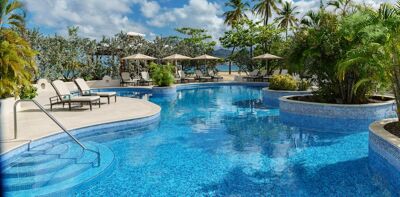
Spice Island Beach Resort
5 star boutique
Superbly positioned on the stunning Grand Anse Beach, luxurious Spice Island Beach Resort sprawls across eight acres of luxuriant greenery. Owned and managed by the Hopkin family, guests can anticipate the finest in personal service with many visitors returning year after year.
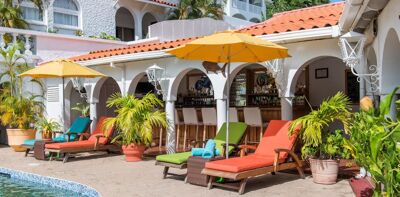
Mount Cinnamon
4 star boutique
Gracefully tucked into the lush hillside overlooking the pristine Grand Anse Beach, boutique style Mount Cinnamon Resort & Beach Club is a family owned, luxury retreat where island heritage meets modern elegance and the service is exemplary.
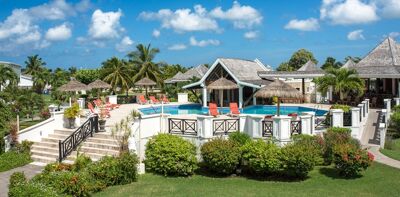
Coyaba Beach Resort
4 Star
Nestling in colourful tropical gardens, charming and laid-back Coyaba Beach Resort boasts a gorgeous setting along the soft white sands of one of Grenada’s most beautiful beaches, Grand Anse.
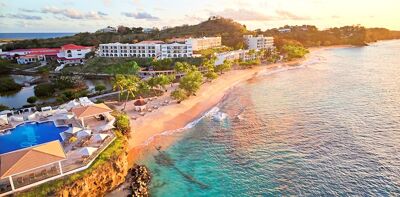
Royalton Grenada
4 star superior
Situated alongside two soft sand bays in Magazine Beach, Royalton Grenada Resort & Spa offers elegant accommodation, excellent facilities for all ages and unlimited dining as part of its All-In Luxury concept.
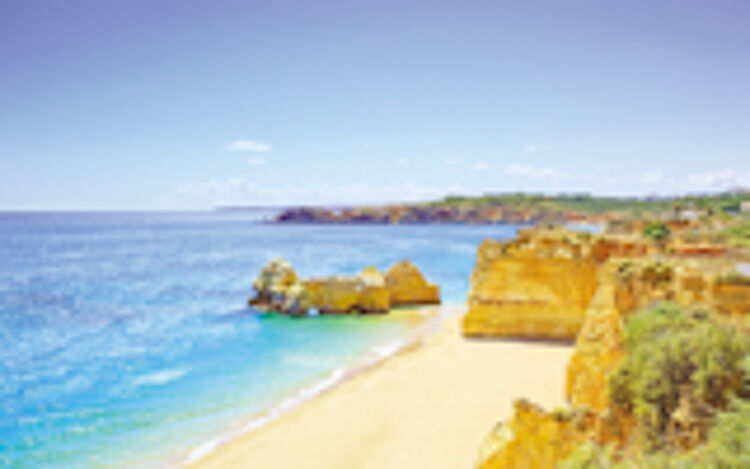 Algarve
Algarve Barbados
Barbados Crete
Crete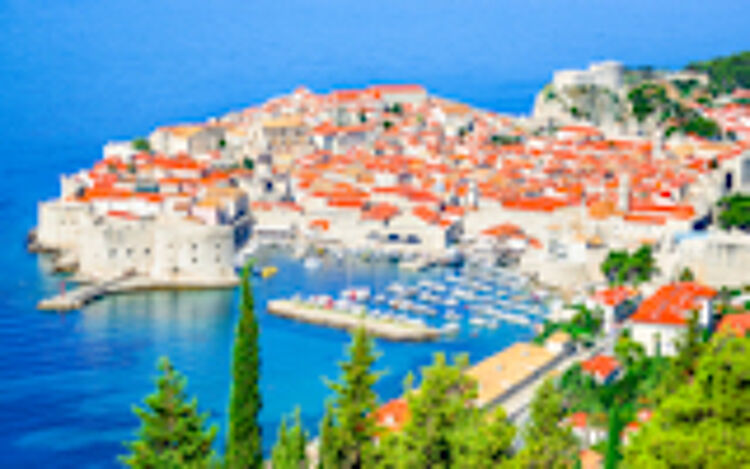 Croatia
Croatia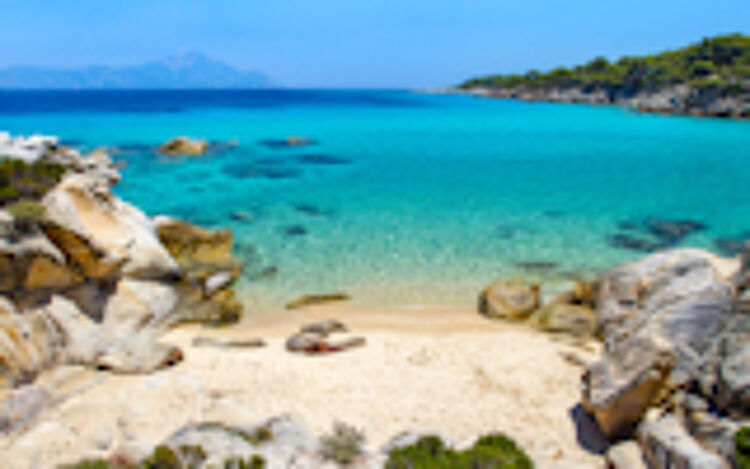 Halkidiki
Halkidiki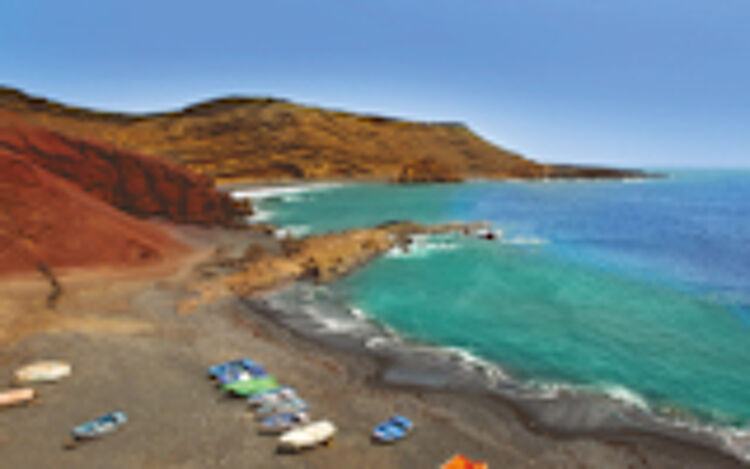 Lanzarote
Lanzarote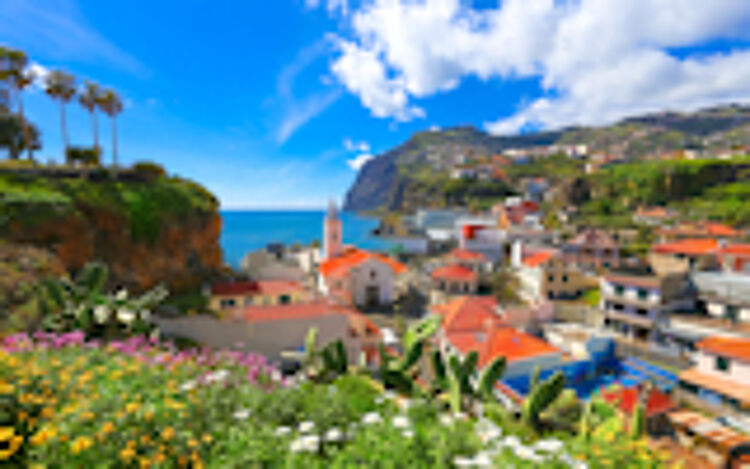 Madeira
Madeira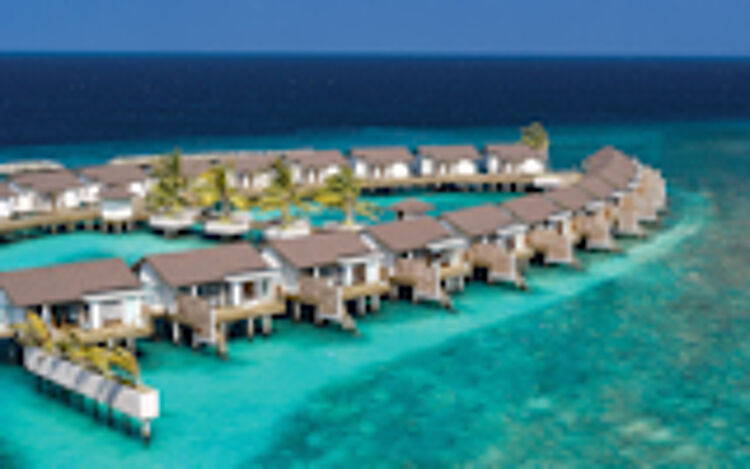 Maldives
Maldives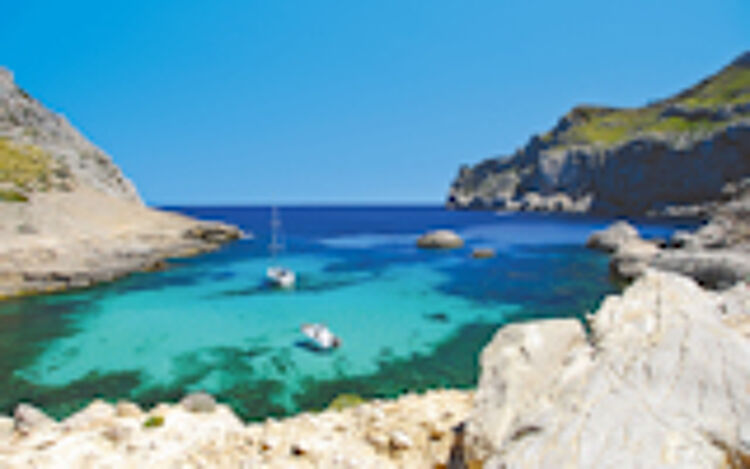 Mallorca
Mallorca Morocco
Morocco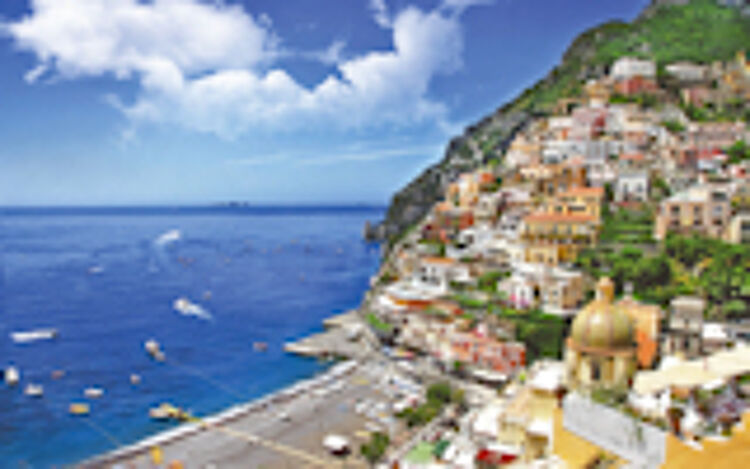 Sorrento & Amalfi Coast
Sorrento & Amalfi Coast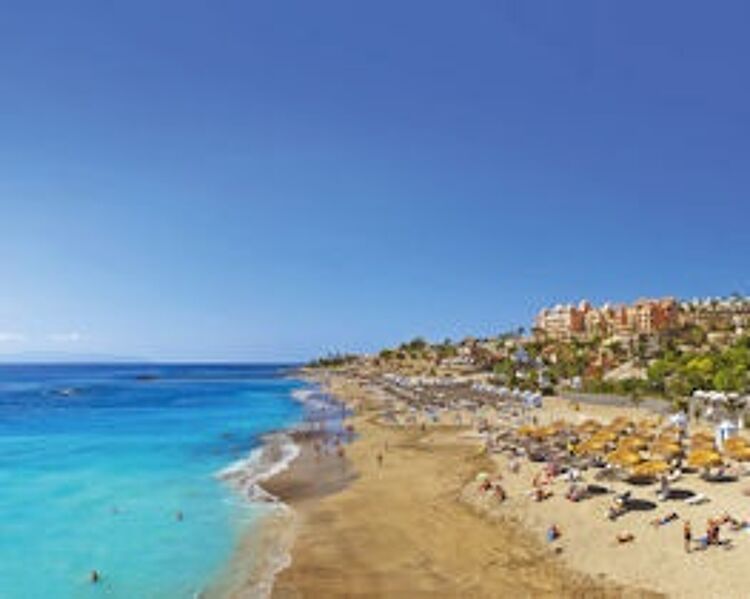 Tenerife
Tenerife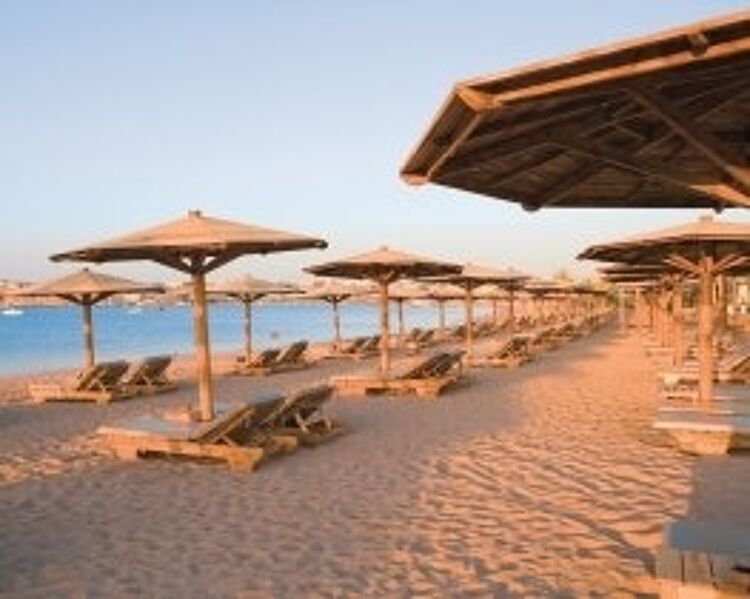 Egypt
Egypt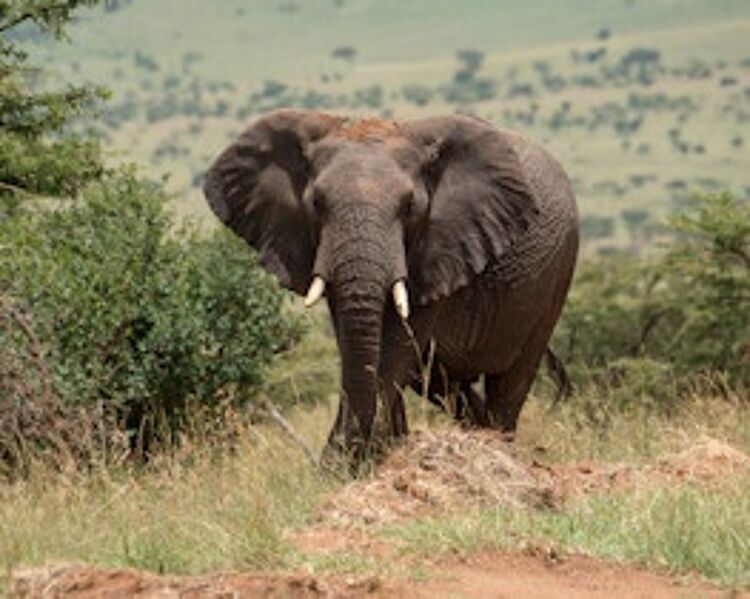 Kenya
Kenya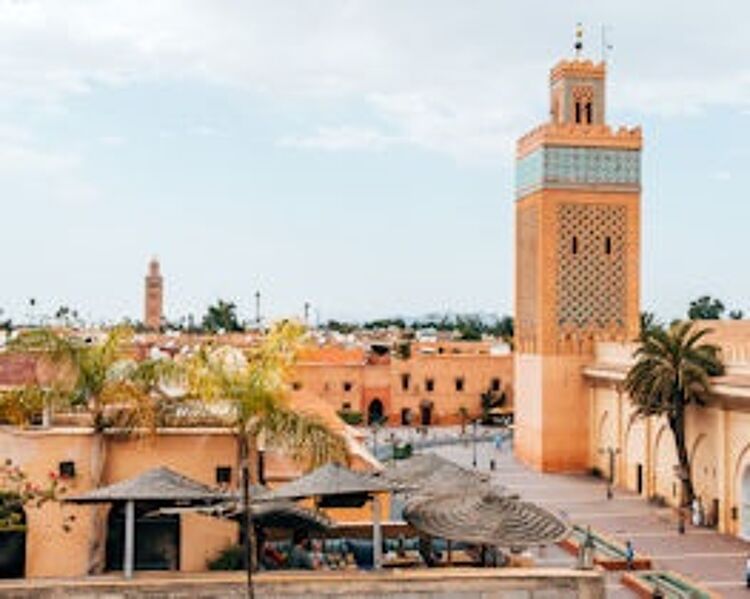 Morocco
Morocco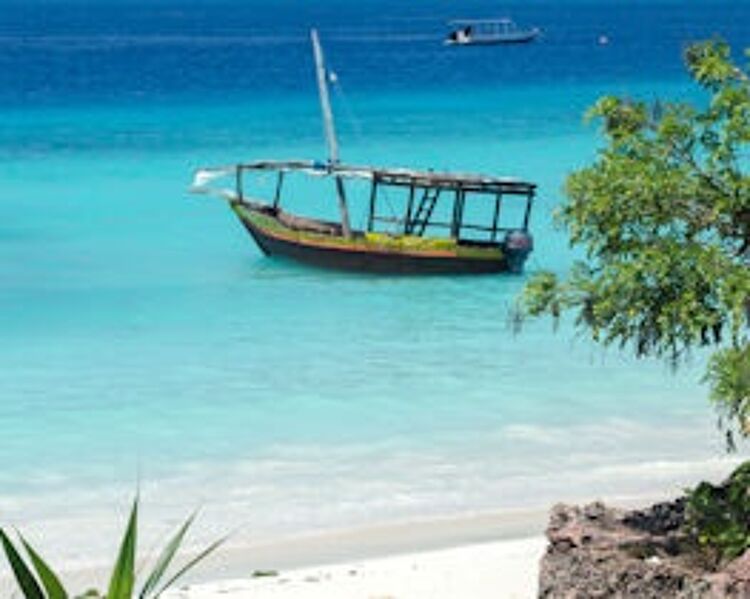 Tanzania
Tanzania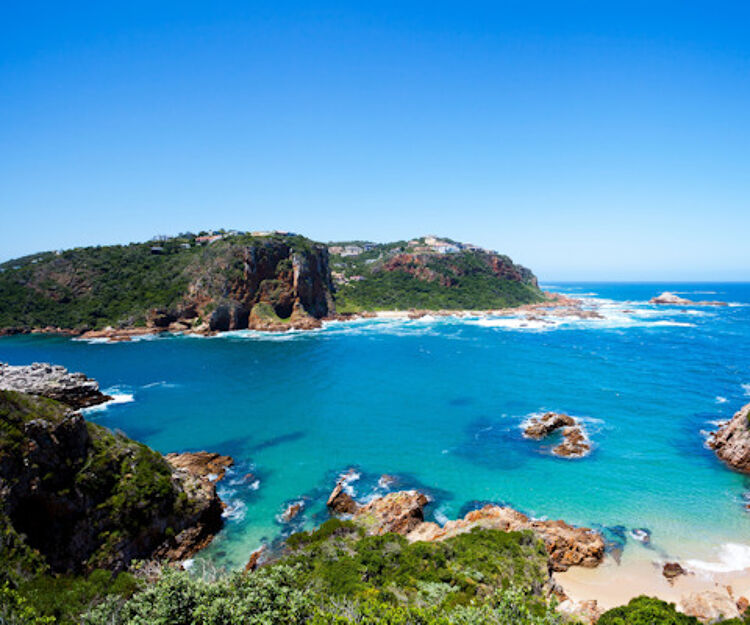 South Africa
South Africa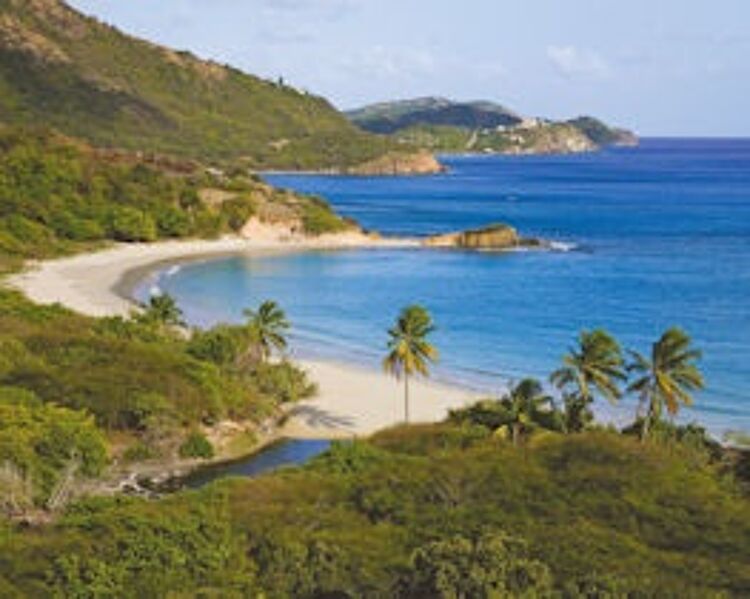 Antigua
Antigua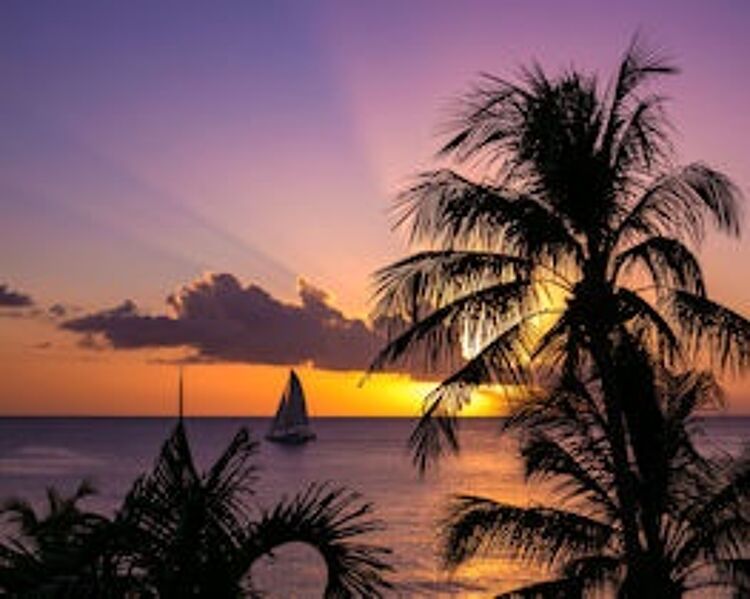 Barbados
Barbados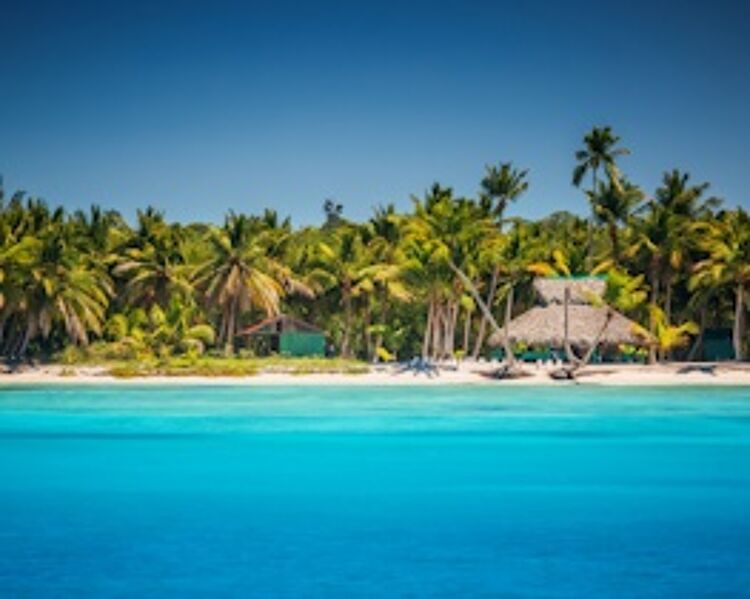 Dominican Republic
Dominican Republic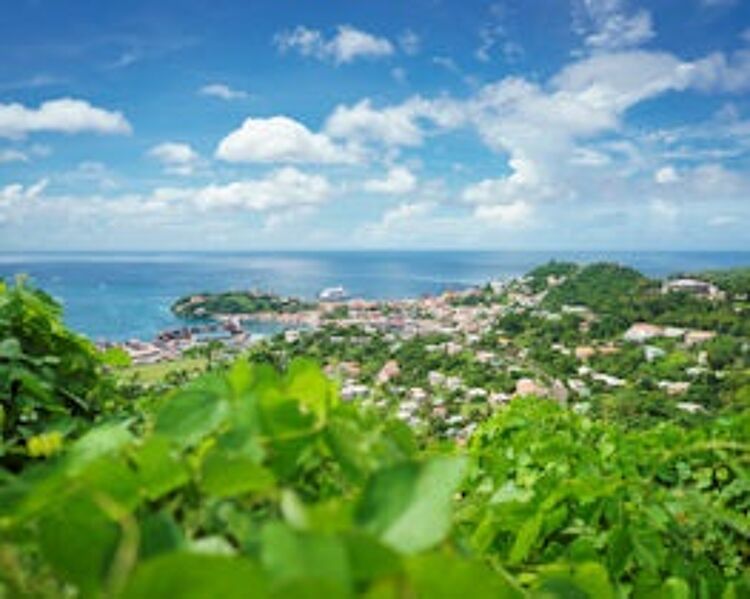 Grenada
Grenada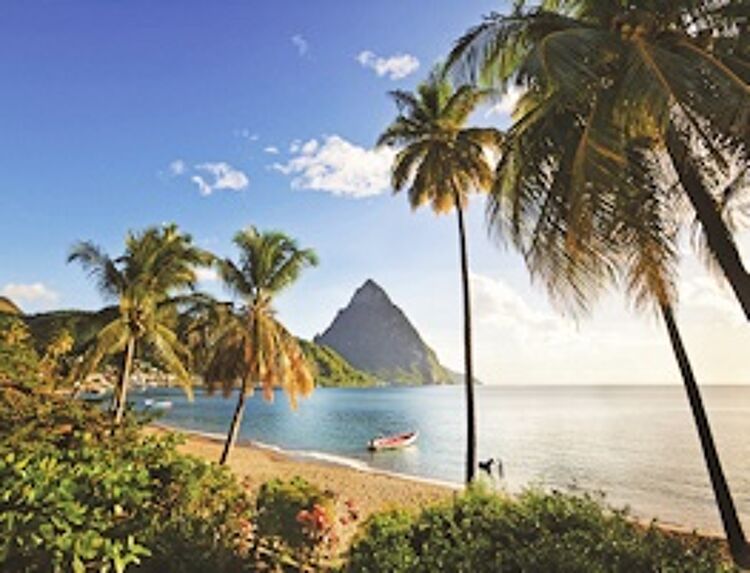 St Lucia
St Lucia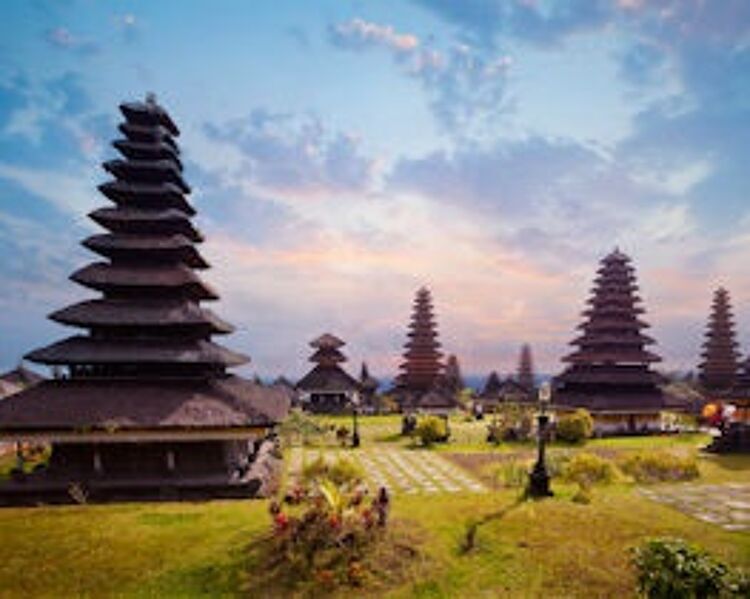 Indonesia
Indonesia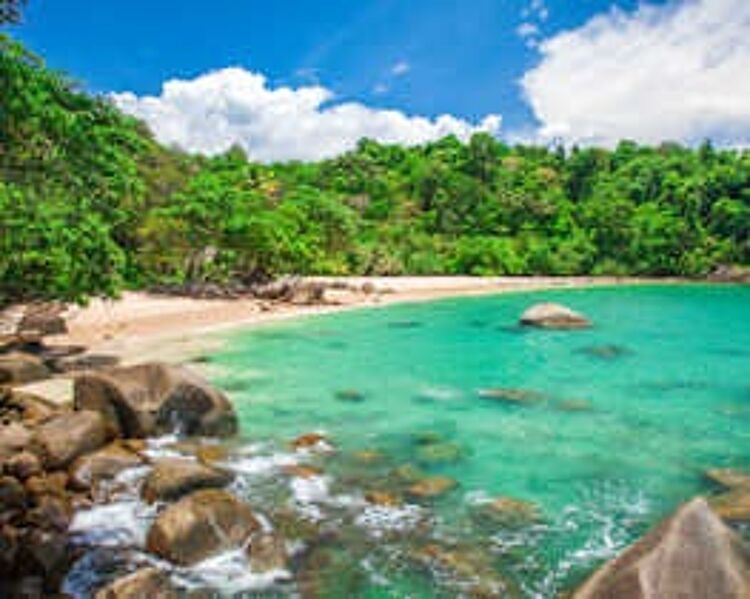 Thailand
Thailand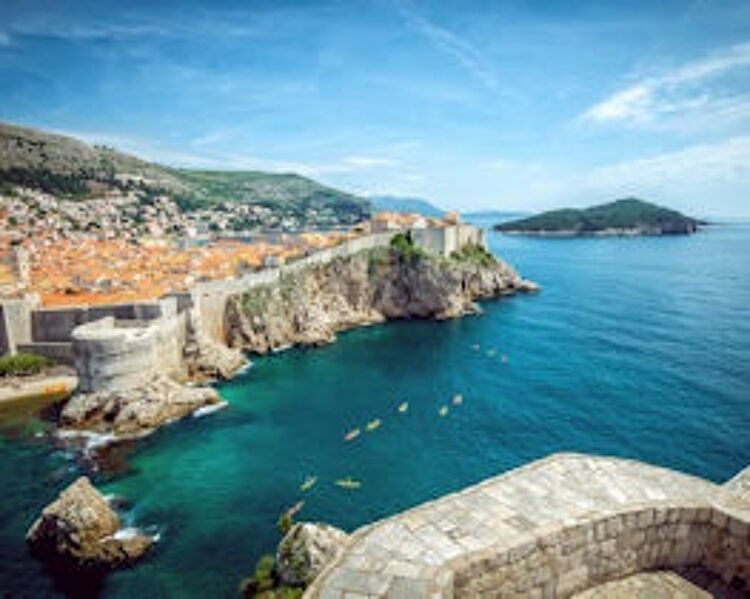 Croatia
Croatia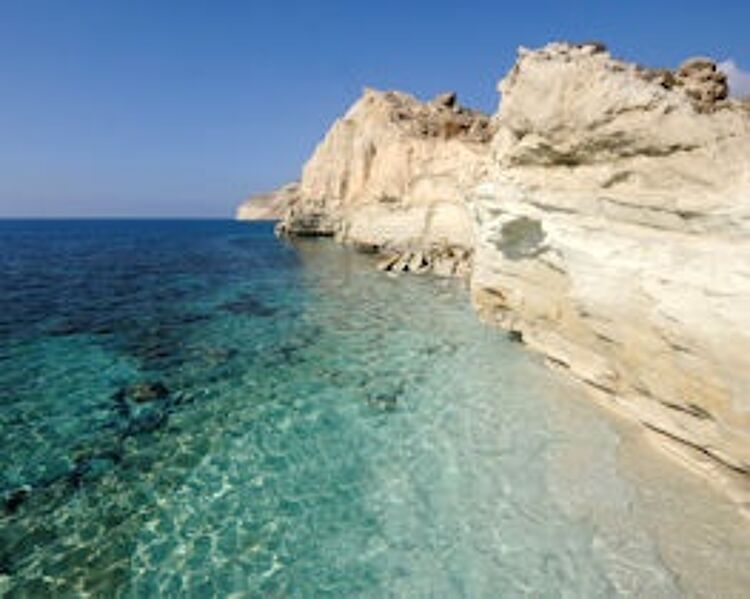 Cyprus
Cyprus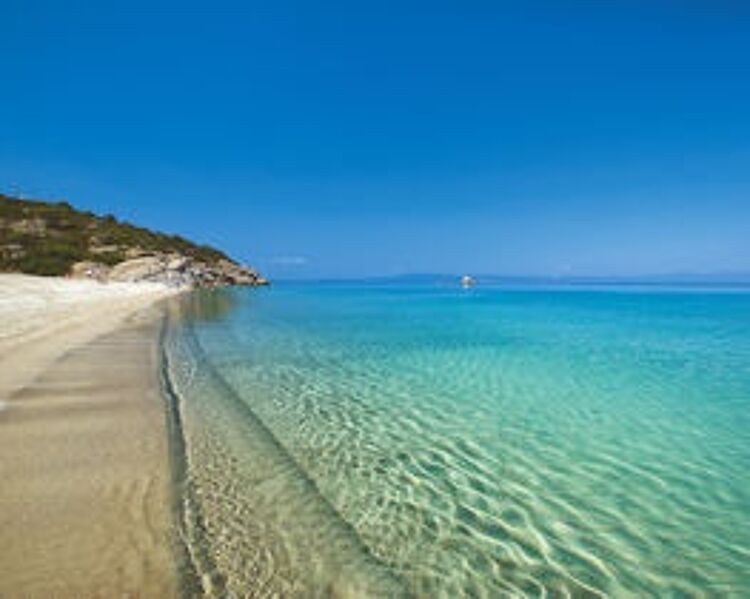 Greece
Greece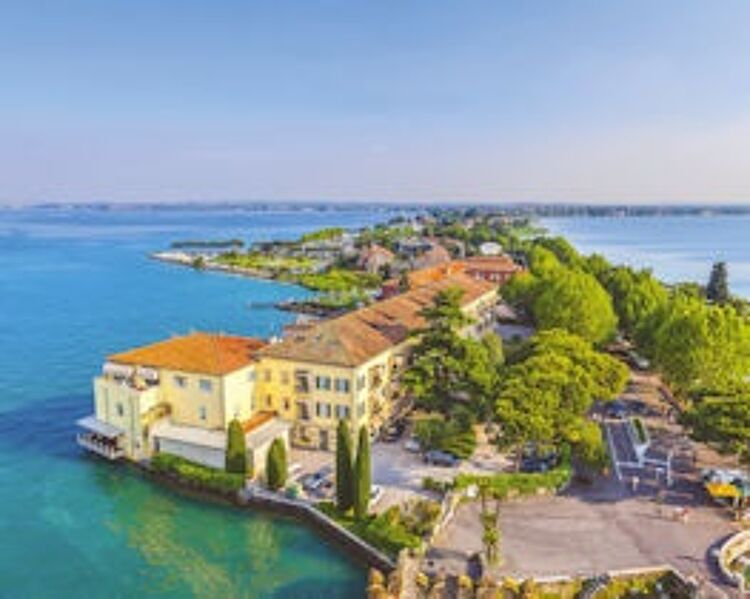 Italy
Italy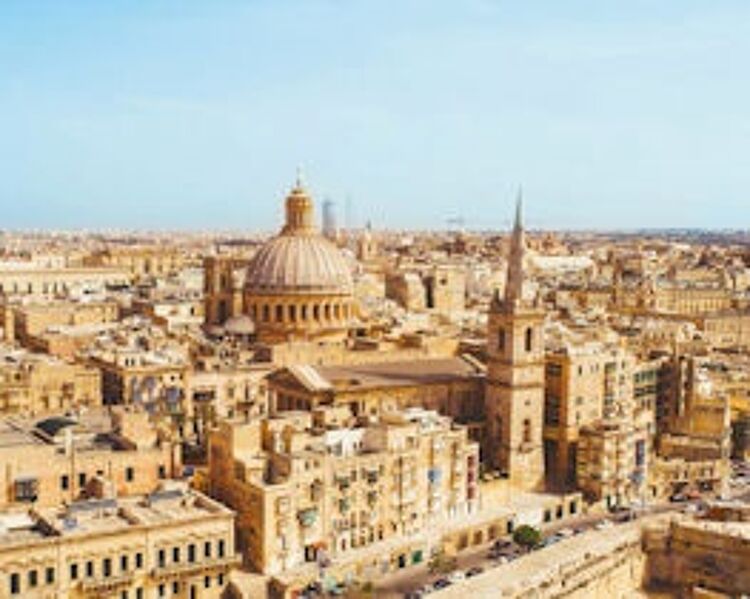 Malta
Malta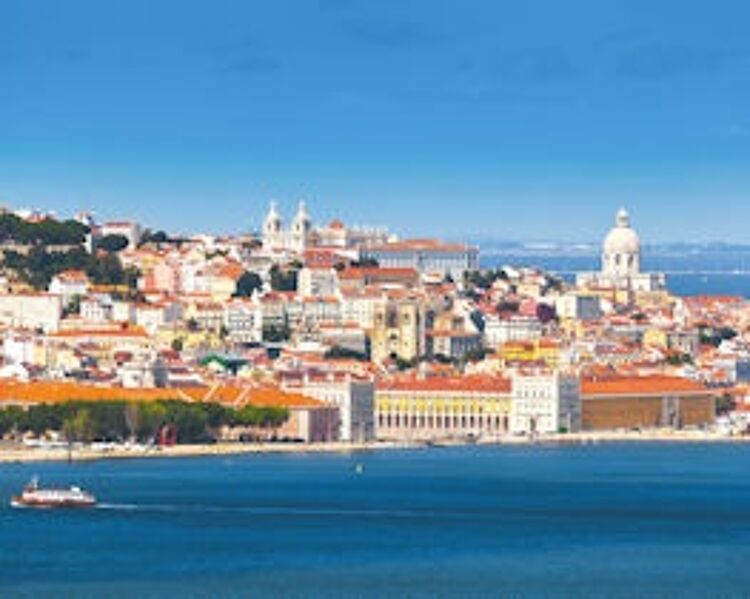 Portugal
Portugal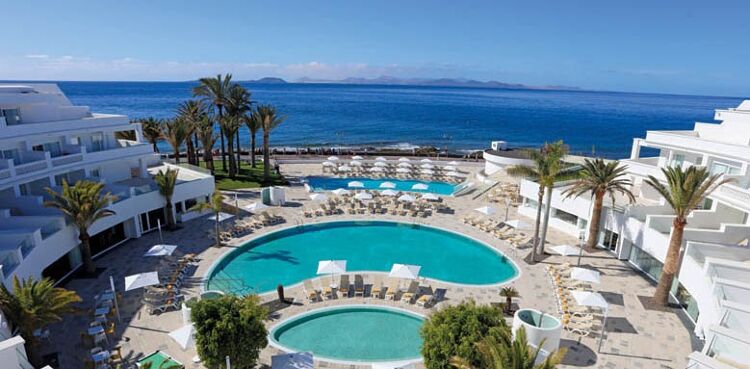 Spain
Spain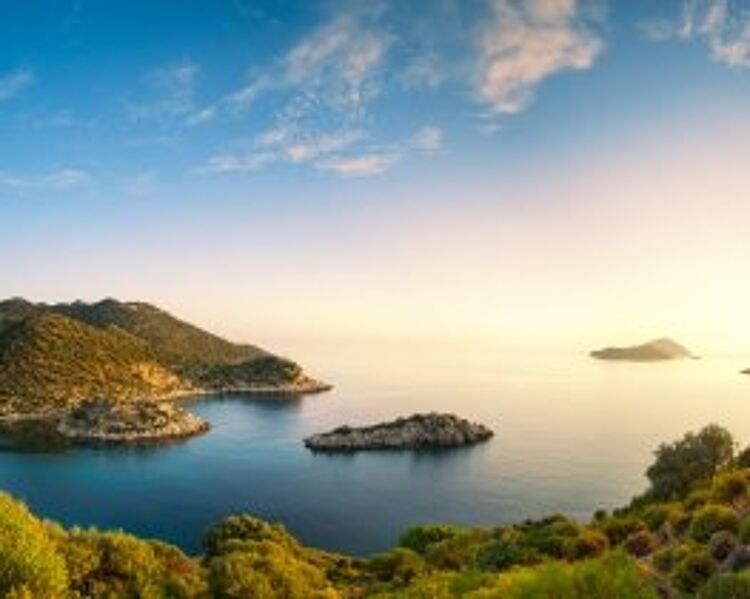 Turkey
Turkey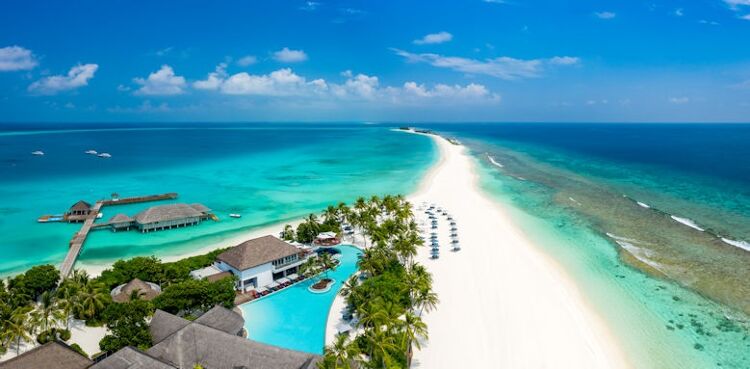 Maldives
Maldives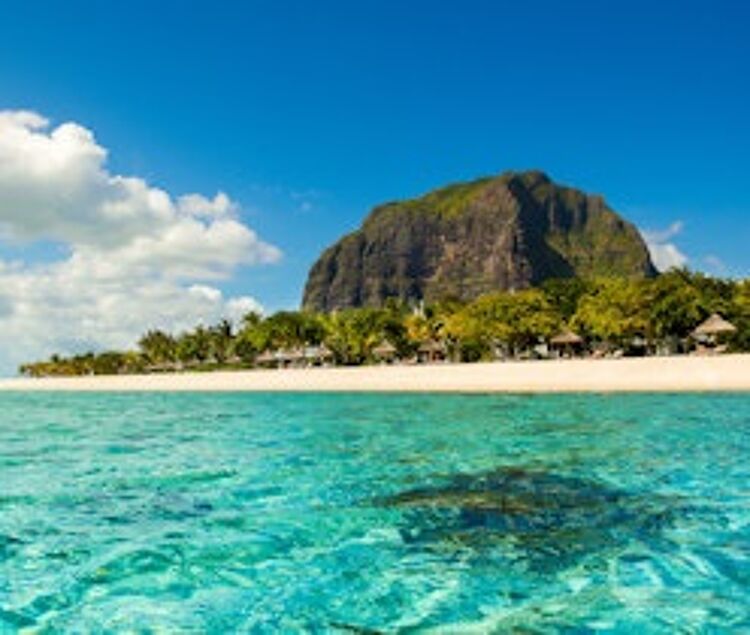 Mauritius
Mauritius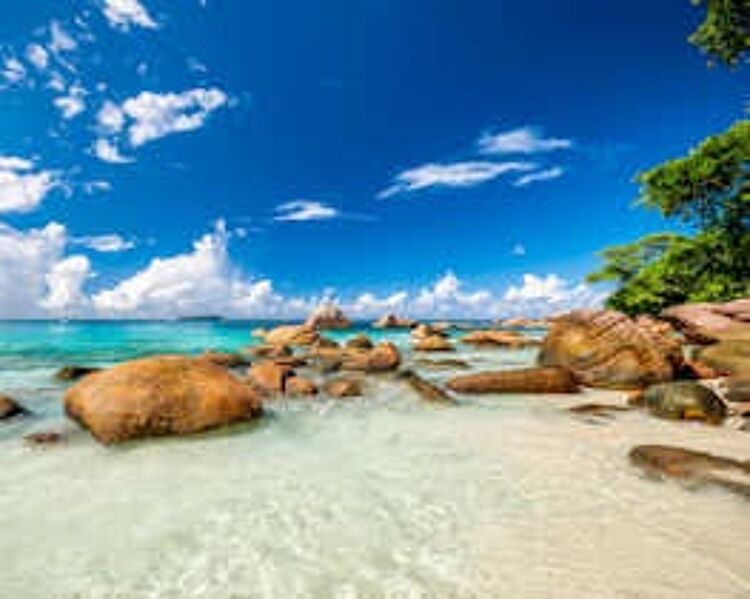 Seychelles
Seychelles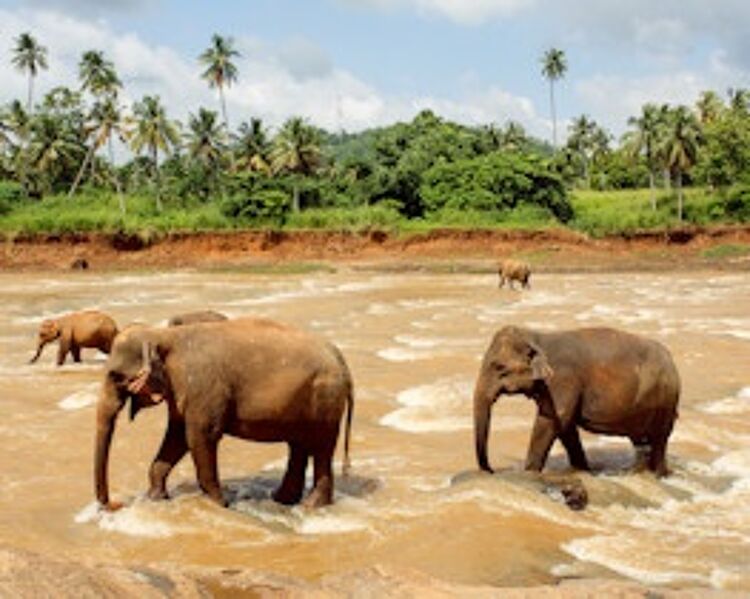 Sri Lanka
Sri Lanka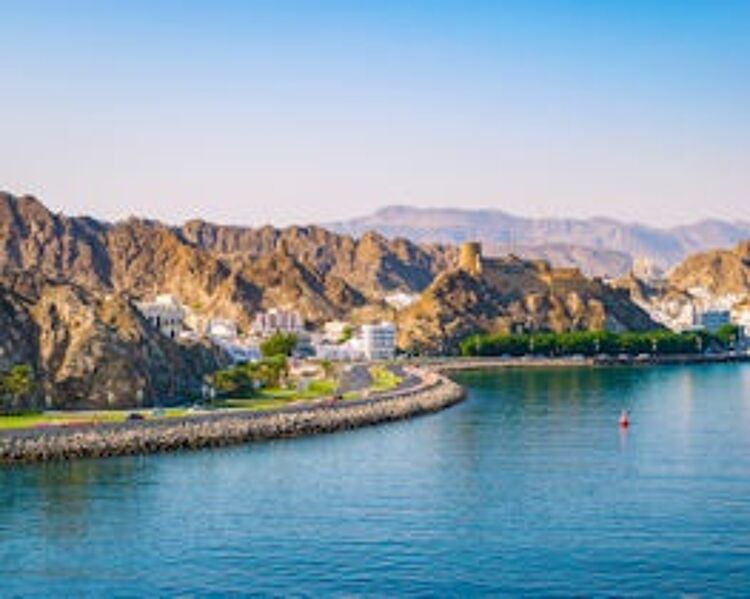 Oman
Oman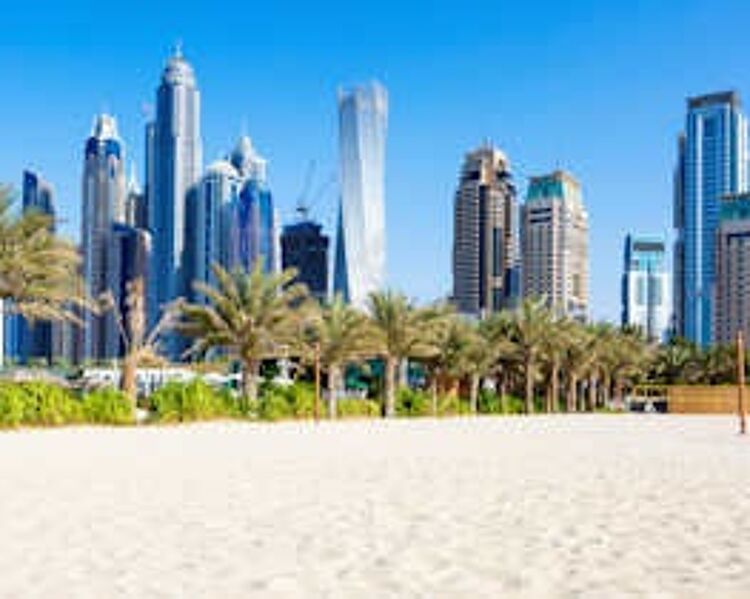 United Arab Emirates
United Arab Emirates
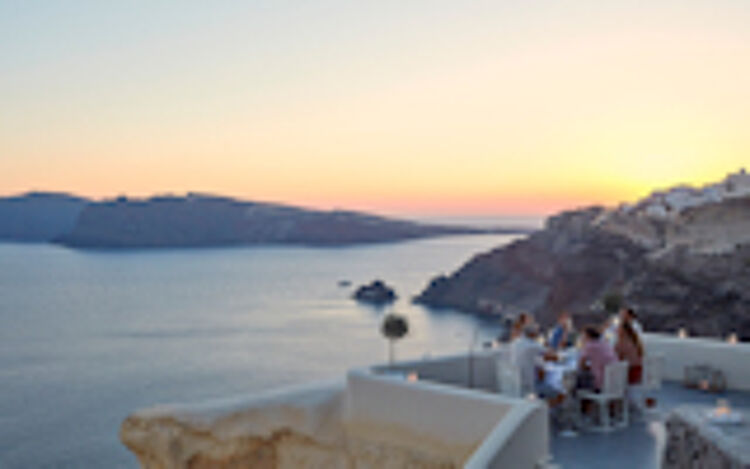 Adult Only Holidays
Adult Only Holidays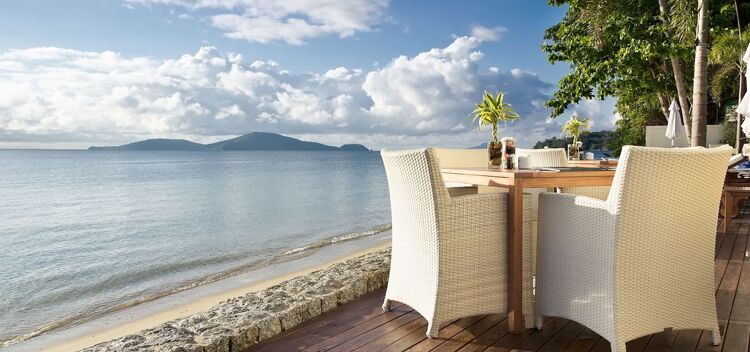 All Inclusive Holidays
All Inclusive Holidays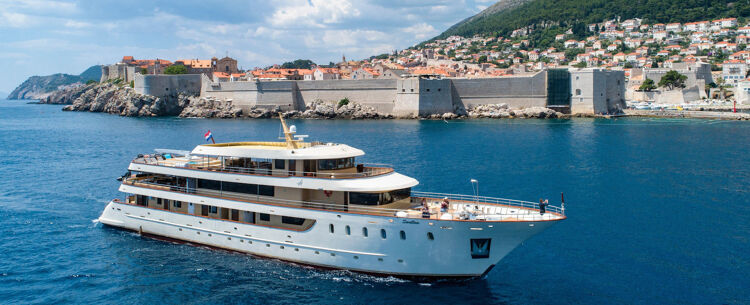 Boutique Cruises
Boutique Cruises Boutique Hotels
Boutique Hotels City Breaks
City Breaks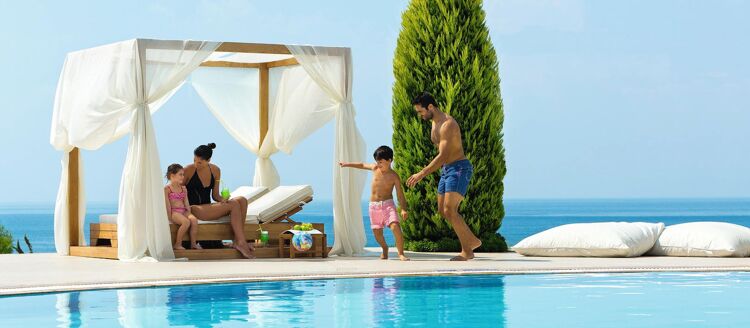 Family Holidays
Family Holidays Honeymoon Holidays
Honeymoon Holidays Luxury Rail Holidays
Luxury Rail Holidays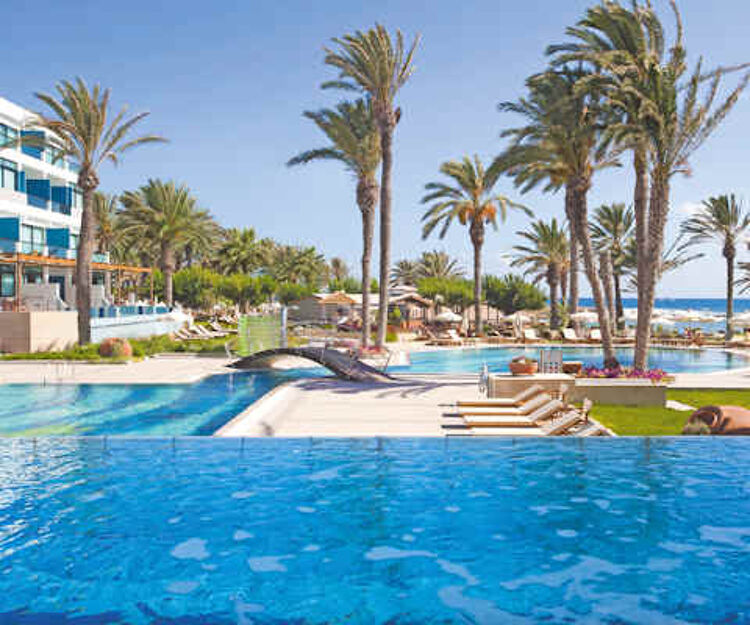 Multi Centre Holidays
Multi Centre Holidays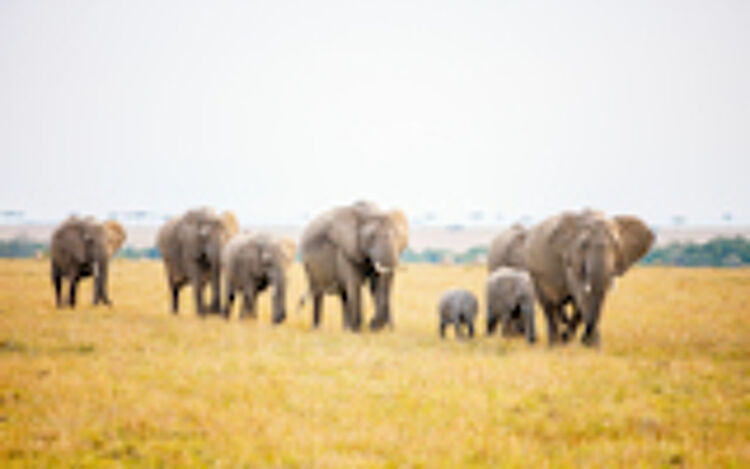 Private & Escorted Tours
Private & Escorted Tours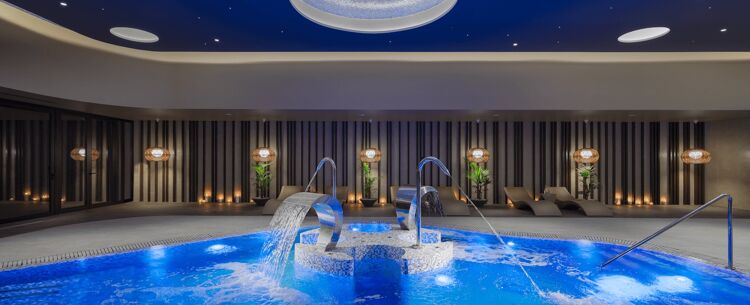 Spa & Wellness Holidays
Spa & Wellness Holidays Villa Holidays
Villa Holidays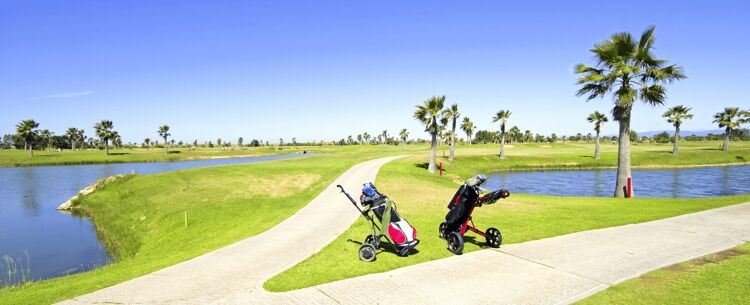 Golf Holidays
Golf Holidays Group Holidays
Group Holidays LGBTQ+ Luxury Holidays
LGBTQ+ Luxury Holidays Romantic Holidays
Romantic Holidays Greek Island Hopping
Greek Island Hopping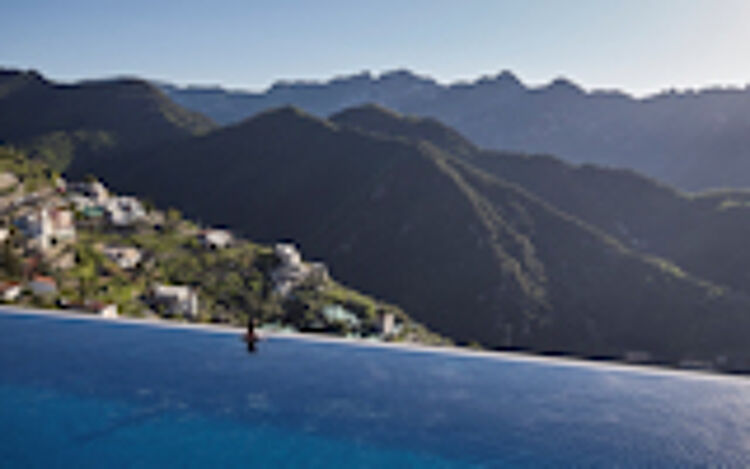 Infinity Pools
Infinity Pools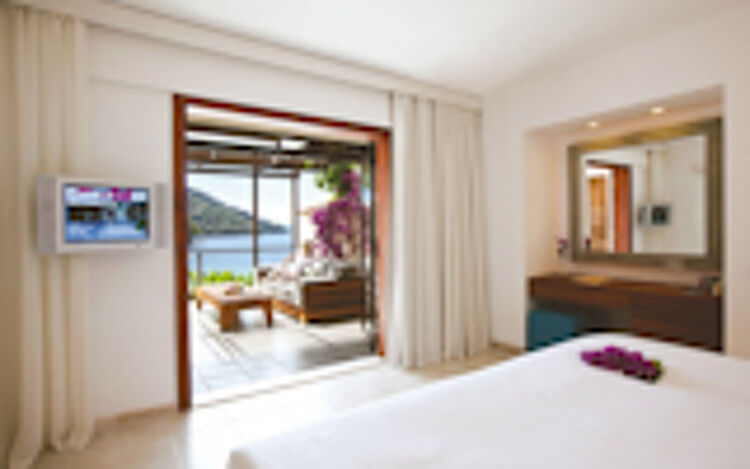 Interconnecting Rooms
Interconnecting Rooms Private Pools
Private Pools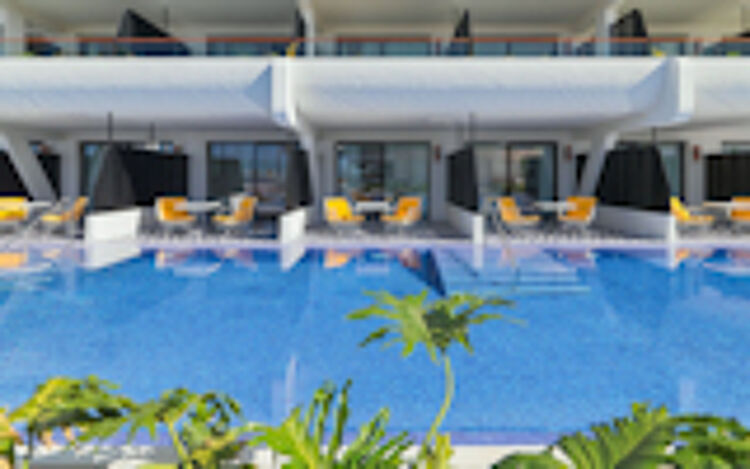 Swim Up Rooms
Swim Up Rooms Yoga Classes
Yoga Classes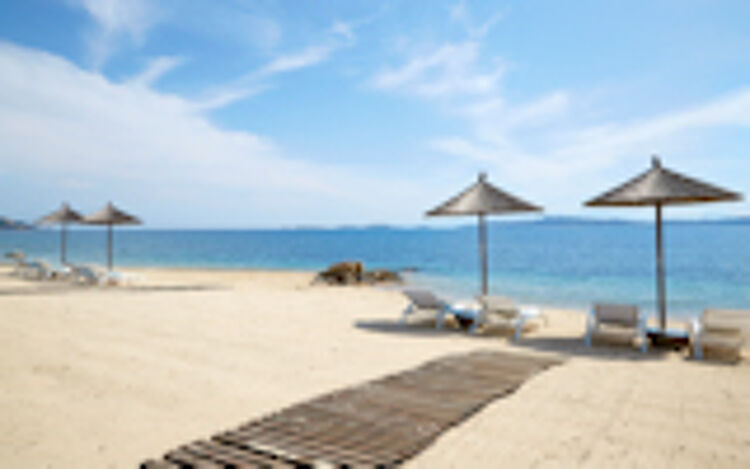 Blue Flag Beaches
Blue Flag Beaches Butler Service
Butler Service Michelin Star Dining
Michelin Star Dining